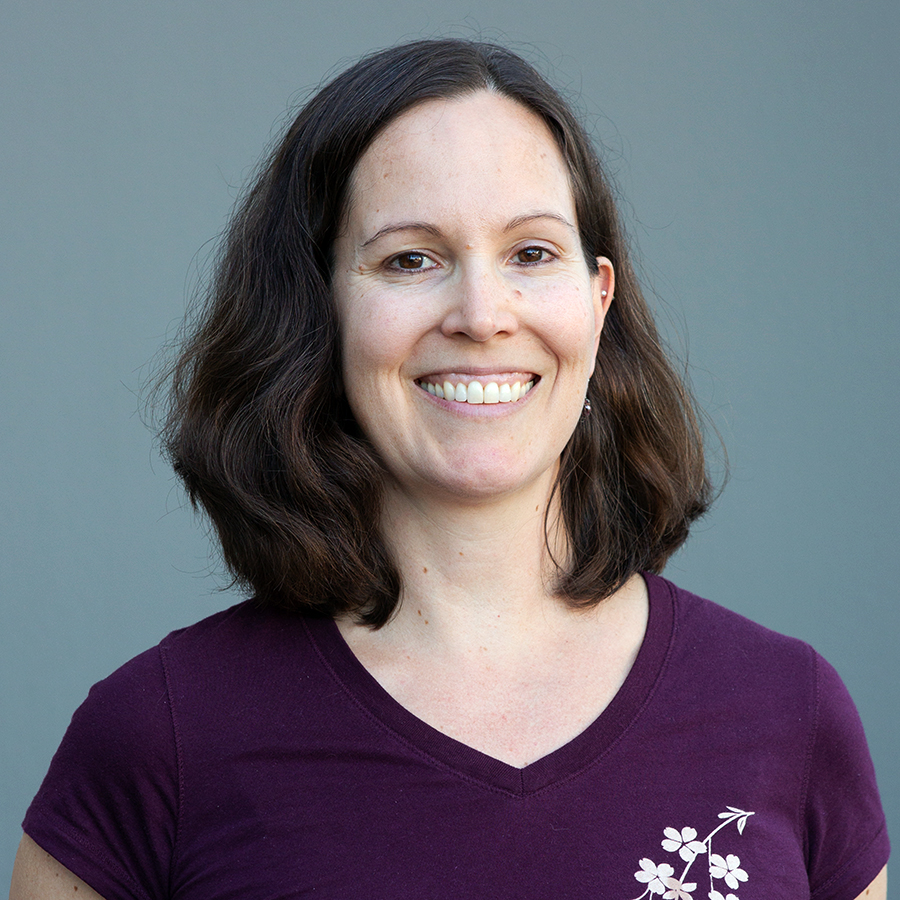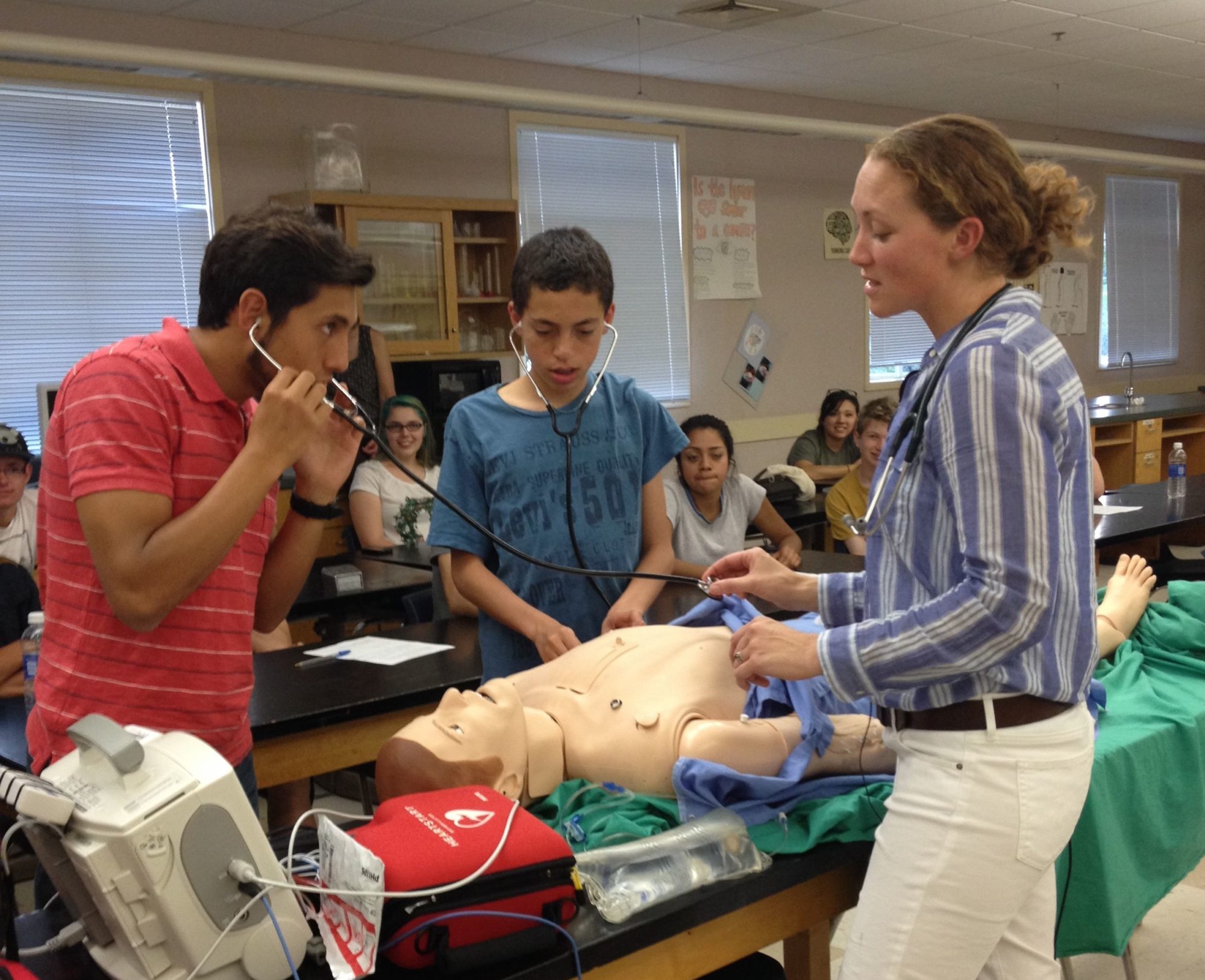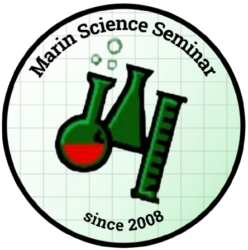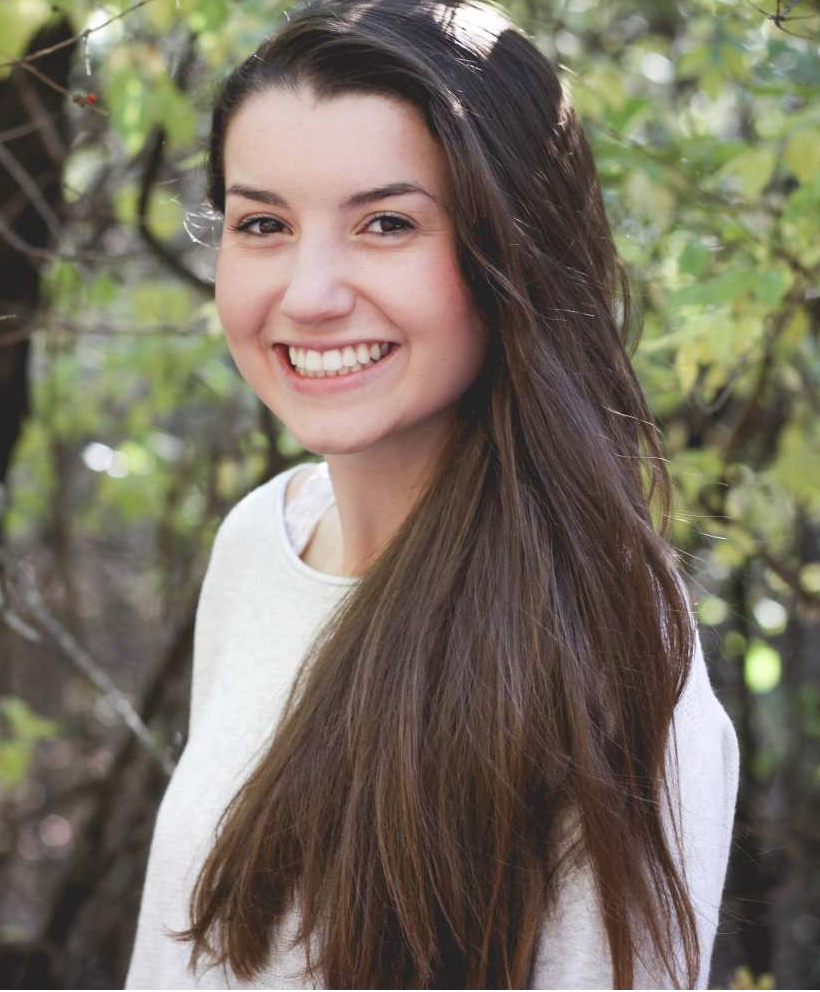with Meredith Elliott M.S. of Point Blue Conservation Science
WHEN?: Wednesday, October 30th, 2024 – TLHS Innovation Hub – 7:30 – 8:30pm

Description: Our oceans are facing many threats, including warming temperatures, ocean acidification, and overfishing (to name a few). At Point Blue Conservation Science, we have over 50 years of experience studying marine wildlife and what they can tell us about the health of our ocean. We work with federal agencies (U.S. Fish and Wildlife Service and the National Oceanic and Atmospheric Administration) to monitor seabirds and marine mammals on the Farallon Islands National Wildlife Refuge (located ~30 miles west of the Golden Gate Bridge) and to conduct at-sea surveys in the National Marine Sanctuaries off our coast. Come hear how we are finding ways to protect seabirds from hot weather, using diet data from seabirds and sea lions to help make our fisheries more sustainable, what we are learning about ocean acidification, and what we are doing to save whales from ship strikes.

Bio: Meredith earned a B.S. in Zoology from the University of California, Davis and an M.S. in Marine Biology from San Francisco State University, the latter investigating the diet of the California Least Tern colony at Alameda Point (formerly the Naval Air Station, Alameda). After finishing undergraduate work she was advised to apply for a seabird research assistant position on the Farallon Islands, and she has been hooked on seabirds ever since! She was then hired to help monitor Double-crested Cormorant populations on the Richmond-San Rafael and San Francisco-Oakland Bay Bridges. Other Point Blue projects she has worked on include monitoring breeding success and diet of the Alameda Point Least Tern colony and documenting seabird mortality during oil spills as part of the Processing Strike Team within the Oiled Wildlife Care Network.
As a Principal Scientist in Point Blue’s California Current Group, Meredith investigates the diet of marine predators to understand changing forage species communities in coastal California. She is a Program Leader with ACCESS (www.accessoceans.org), a partnership among Point Blue, our two national marine sanctuaries (Greater Farallones and Cordell Bank), and several other entities to conduct ocean research in our region. In addition to overseeing and synthesizing the many datasets related to the ACCESS partnership, Meredith examines the effects of varying oceanographic conditions on various zooplankton taxa in our marine environment. She also supervises the Point Blue marine laboratory, where marine predator diet and zooplankton studies happen with the help of awesome lab research assistants and volunteers!
Links:



